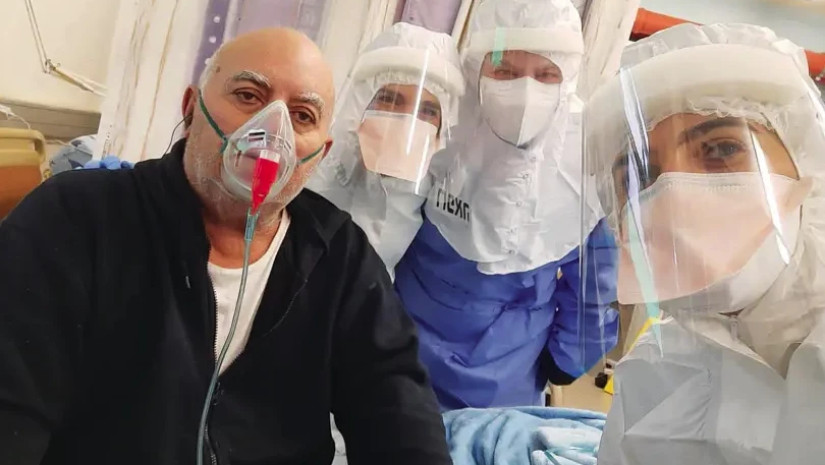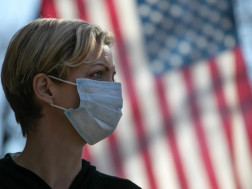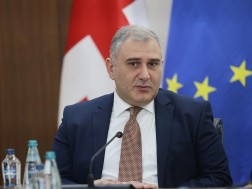Some 93% of 90 coronavirus serious patients treated in several Greek hospitals with a new drug developed by a team at Tel Aviv’s Sourasky Medical Center as part of the Phase II trial of the treatment were discharged in five days or fewer.
The Phase II trial confirmed the results of Phase I, which was conducted in Israel last winter and saw 29 out of 30 patients in moderate to serious condition recover within days.
“The main goal of this study was to verify that the drug is safe,” Prof. Nadir Arber said. “To this day we have not registered any significant side effect in any patient from both groups.”
The trial was conducted in Athens because Israel did not have enough relevant patients. The principal investigator was Greece’s coronavirus commissioner, Prof. Sotiris Tsiodras.
Arber and his team, including Dr. Shiran Shapira, developed the drug based on a molecule that the professor has been studying for 25 years called CD24, which is naturally present in the body.
“It is important to remember that 19 out of 20 COVID-19 patients do not need any therapy,” Arber said. “After a window of five to 12 days, some 5% of the patients start to deteriorate.”
The main cause of the clinical deterioration is an over activation of the immune system, also known as a cytokine storm. In case of COVID-19 patients, the system starts attacking healthy cells in the lungs.
“This is exactly the problem that our drug targets,” he said.
CD24 is a small protein that is anchored to the membrane of the cells and it serves many functions including regulating the mechanism responsible for the cytokine storm.
Arber stressed that their treatment, EXO-CD24, does not affect the immune system as a whole, but only targets this specific mechanism, helping find again its correct balance.
“This is precision medicine,” he said. “We are very happy that we have found a tool to tackle the physiology of the disease.”
“Steroids for example shut down the entire immune system,” he further explained. “We are balancing the part responsible for the cytokine storms using the endogenous mechanism of the body, meaning tools offered by the body itself.”
Arber noted that another breakthrough element of this treatment is its delivery.
“We are employing exosomes, very small vesicles derived from the membrane of the cells which are responsible for the exchange of information between them,” he said.
“By managing to deliver them exactly where they are needed, we avoid many side effects,” he added.
The team is now ready to launch the last phase of the study.
“As promising as the findings of the first phases of a treatment can be, no one can be sure of anything until results are compared to the ones of patients who receive a placebo,” he said.
Some 155 coronavirus patients will take part in the study. Two-thirds of them will be administered the drug, and one-third a placebo.
The study will be conducted in Israel and it might be also carried out in other places if the number of patients in the country will not suffice.
“We hope to complete it by the end of the year,” Arber said.
If the results are confirmed, he vowed that the treatment can be made available relatively quickly and at a low cost.
“In addition, a success could pave the wave to treat many other diseases,” he concluded.
















